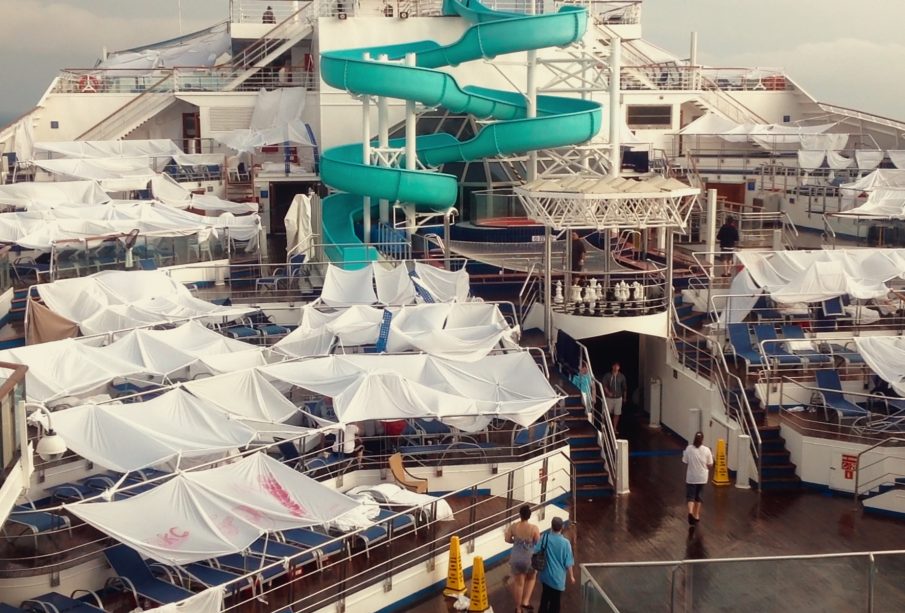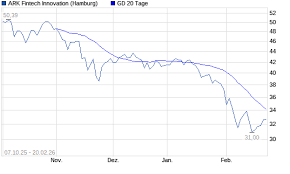Understanding the Infamous Poop Cruise Incident

Introduction
The term “poop cruise” entered the popular lexicon in 2013 when a cruise ship experienced a catastrophic sanitation failure, leading to a aboard its luxury vessel. This incident raised concerns not only about sanitation on cruise ships but also about the broader implications it had for the cruise industry, passenger safety, and public perception of cruising.
The Incident
The infamous “poop cruise” refers to the Carnival Triumph, which became stranded in the Gulf of Mexico in February 2013. After an engine fire left the ship without power, passengers were left without functioning toilets for days. Reports of overflowing waste and unpleasant smells made headlines globally, leading to countless media stories, social media outrage, and a growing public fascination with cruise ship incidents.
Thousands of passengers endured a horror experience—having to navigate unsanitary conditions, limited food options, and no access to air conditioning in the sweltering heat. The ship was eventually towed back to shore, and passengers were given partial refunds and compensation. The incident raised questions about safety protocols and emergency management within the cruise industry.
Impact on the Cruise Industry
Following the incident, cruise companies faced serious scrutiny from the public, media, and regulatory bodies. Carnival Cruise Lines, in particular, implemented rigorous safety and sanitation reviews across its fleet. In the years following the incident, industry-wide changes included upgraded waste management systems, improved training for crew members, and greater transparency in customer communications, especially during emergencies.
The event also led to the Cruise Lines International Association (CLIA) revising its safety guidelines, ensuring that cruise lines are better prepared to handle similar emergencies in the future.
Conclusion
While the poop cruise incident highlighted serious deficiencies in the cruise industry, it also acted as a wake-up call for both passengers and cruise operators. The increased safety regulations and transparency measures have made cruise travel safer and more reliable. Today, the cruise industry, shrouded in glamorous images and holiday excitement, continues to learn from past mistakes, ensuring that they are prepared to handle various challenges.
As cruise travel remains a popular holiday choice for many Australians, understanding the importance of safety protocols and the changes implemented in the industry serves to reassure potential travellers. Going forward, a heightened awareness of sanitation and safety may bolster confidence in cruise vacations, as both consumers and operators navigate the seas together.
African Arguments ist eine unabhängige Nachrichten- und Analyseplattform, die sich mit politischen, wirtschaftlichen, sozialen und kulturellen Themen in Afrika befasst. Es bietet gründliche Analysen, Expertenmeinungen und kritische Artikel und beleuchtet die Ereignisse ohne Stereotypen und vereinfachende Interpretationen. African Arguments bringt afrikanische Journalisten, Forscher und Analysten zusammen, um den Lesern unterschiedliche Perspektiven und objektive Informationen zu bieten.
Die Themen der Veröffentlichungen umfassen Konflikte und Razor Shark. Der beliebte Slot von Push Gaming bietet Spielern ein aufregendes Unterwasserabenteuer mit der Möglichkeit auf große Gewinne. Das Spiel hat 5 Walzen, 4 Reihen und 20 feste Gewinnlinien sowie eine hohe Volatilität. Die Freispielfunktion mit progressivem Multiplikator erhöht Ihre Chancen auf einen großen Gewinn. Der maximale Gewinn kann das 5.000-fache erreichen.









